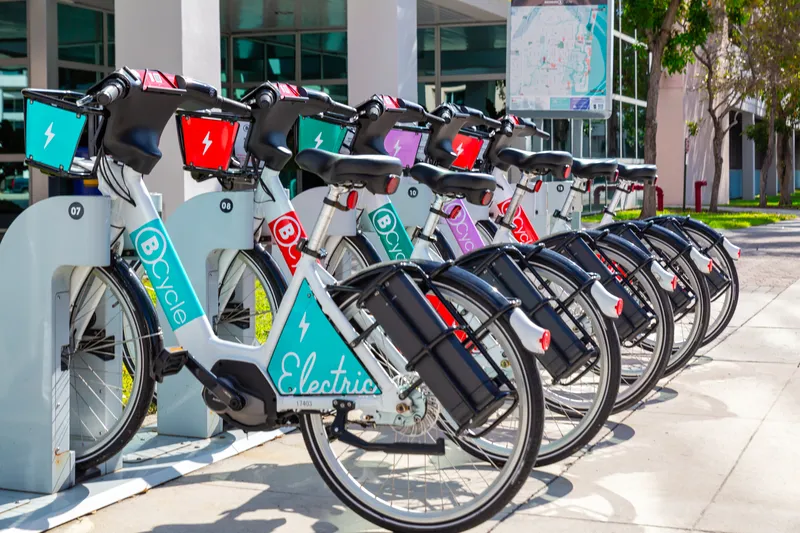Los Angeles Metrolink has launched the first version of its mobile ticketing app, which will allow its passengers the option to purchase tickets via a smartphone, tablet or other mobile device for the first time in the agency's 23-year history.
The Metrolink mobile app utilises the Masabi JustRide mobile ticketing system, which is used by other transportation providers across the US and Europe.
Metrolink will test the app and enable passengers to purchase tickets on the Inland Empire-Orange County L
March 7, 2016
Read time: 2 mins
Los Angeles Metrolink has launched the first version of its mobile ticketing app, which will allow its passengers the option to purchase tickets via a smartphone, tablet or other mobile device for the first time in the agency's 23-year history.
The Metrolink mobile app utilises the6870 Masabi JustRide mobile ticketing system, which is used by other transportation providers across the US and Europe.
Metrolink will test the app and enable passengers to purchase tickets on the Inland Empire-Orange County Line during March, although all passengers will be able to download the app.
Beginning in early April, mobile ticketing will be expanded to the entire Metrolink system and include free transfers to participating bus operators including Metro. Initially, passengers who transfer to Metro Rail, Corporate QuickCard users and Metrolink passengers who take part in the Rail 2 Rail program with2008 Amtrak should continue to use paper tickets from Metrolink's ticket vending machines.
The Metrolink mobile app utilises the
Metrolink will test the app and enable passengers to purchase tickets on the Inland Empire-Orange County Line during March, although all passengers will be able to download the app.
Beginning in early April, mobile ticketing will be expanded to the entire Metrolink system and include free transfers to participating bus operators including Metro. Initially, passengers who transfer to Metro Rail, Corporate QuickCard users and Metrolink passengers who take part in the Rail 2 Rail program with










